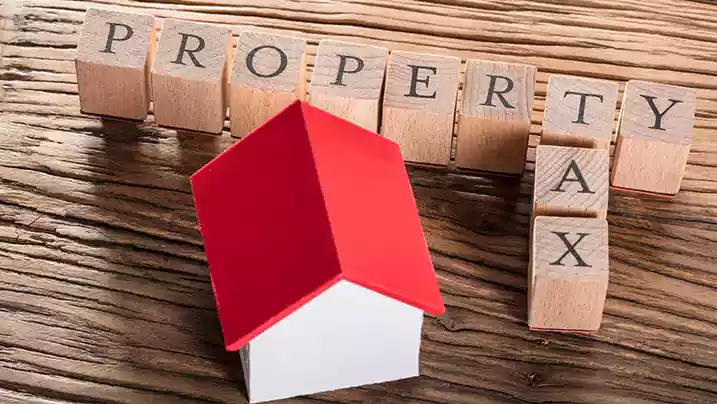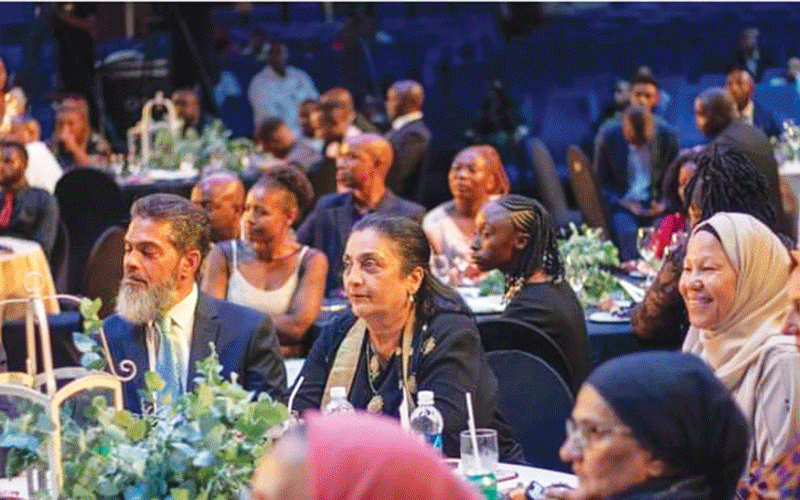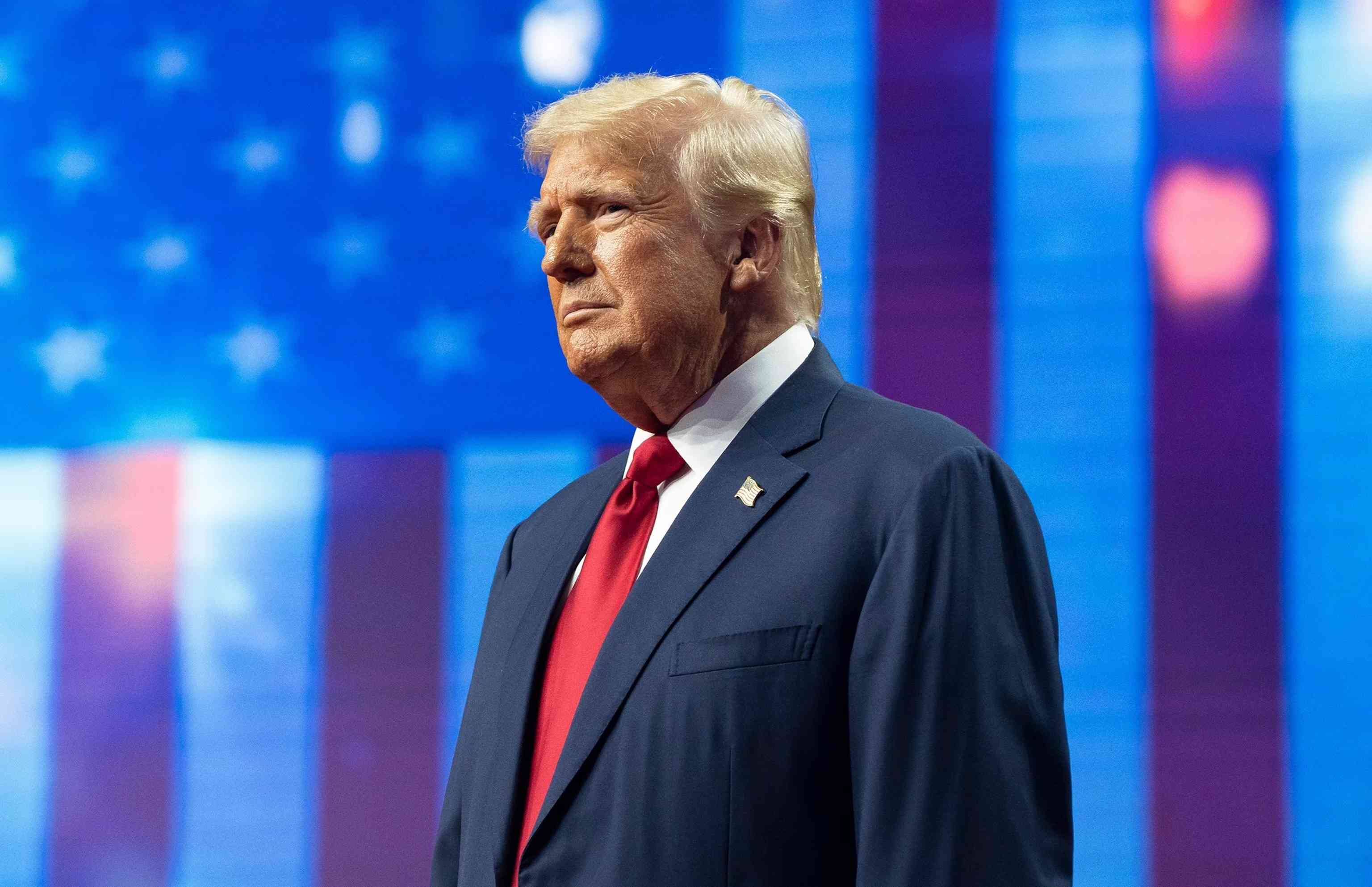
IN his latest budget statement on November 30, 2023, Finance minister Mthuli Ncube introduced a proposal for property tax on houses. The suggestion is that individuals owning houses valued at US$100 000 or more would be required to pay 1% of the market value of their houses as property tax. The primary motivation behind this proposal, as explained by the minister, is to tax wealth.
Taxing the wealthy appropriately is a goal that resonates with most reasonable individuals, unless, of course, they happen to be wealthy and unreasonable.
Identifying and taxing the wealthy, however, is a complex task that requires creative approaches, considering how adept they are at minimising their tax liabilities. Historical examples, such as the Duties on Windows Act of 1696 in the UK, highlight the ingenious ways authorities have devised to target the wealthy.
Property tax stands out as one of the most stable forms of taxation, especially in the context of real estate appreciation over time. In the United States, for instance, annual property taxes contribute over US$440 billion, serving as a reliable revenue source for states and local governments. While this model fits well in the US, where properties are indicative of wealth, the question arises: does it hold true for Zimbabwe?
In Zimbabwe, the affluent, like in many African nations, invest in or construct expensive houses. Areas like Harare’s Borrowdale Brooke, Chisipite, Glen Lorne and other affluent suburbs showcase significant investments in properties. Simultaneously, even the poor construct houses, although not as opulent. Therefore, in the Zimbabwean context, property can indeed be considered a proxy for wealth.
According to the finance minister, those owning houses with market values exceeding US$100 000 are deemed wealthy. Does this accurately capture the situation in Zimbabwe? Areas like Waterfalls Mainway Meadows already see property values surpassing this threshold, but can everyone in these areas be classified as wealthy? The minister’s choice of a US$100 000 threshold seems somewhat off-target when considering the broader property landscape in Harare.
Economists often distinguish between flows (income) and stores (wealth). Taxing income is more straightforward than taxing wealth, as income reflects actual earnings, unlike the stored value of past transactions in property. The challenge intensifies in nations like Zimbabwe, where the correlation between wealth and property value is not as clear-cut as in more economically developed countries.
Consider the case of a church member who bought a house in Hatfield in the late 1980s, lost his job in the mid-2000s, and has sustained himself through renting out rooms. Is he truly wealthy, as perceived by Ncube? Similarly, individuals in their 40s living in Avonlea, after inheriting a house from their parents, face financial struggles. Are they part of the wealthy class merely due to property value?
- Mavhunga puts DeMbare into Chibuku quarterfinals
- Bulls to charge into Zimbabwe gold stocks
- Ndiraya concerned as goals dry up
- Letters: How solar power is transforming African farms
Keep Reading
It appears that the proposed threshold is for Zimbabwe’s property tax are out of touch with reality. Many individuals residing in areas with houses exceeding the proposed threshold lead financially constrained lives, and imposing additional property taxes on them seems impractical.
Furthermore, the enforcement of property taxes raises concerns about how the government plans to implement and oversee such a tax. Failure to pay may lead to property loss, posing a significant risk for property owners without stable incomes.
Property taxes, in essence, penalise land development. Unlike land tax, which applies solely to land, property taxes increase with the number of developments on a lot. In a country grappling with a housing shortage, introducing a property tax at this juncture raises questions about its impact on housing development. Wealthy individuals have the flexibility to invest in Zimbabwe or neighbouring nations; will this tax not drive them to redirect their investments elsewhere?
While taxing the wealthy is a commendable goal, this proposed policy misses the mark. If implemented, both the rich and the poor may suffer. The tax policy appears hastily crafted and seems to mimic foreign tax policies without contextualising them for the Zimbabwean landscape. - Tonderai Chibanda











